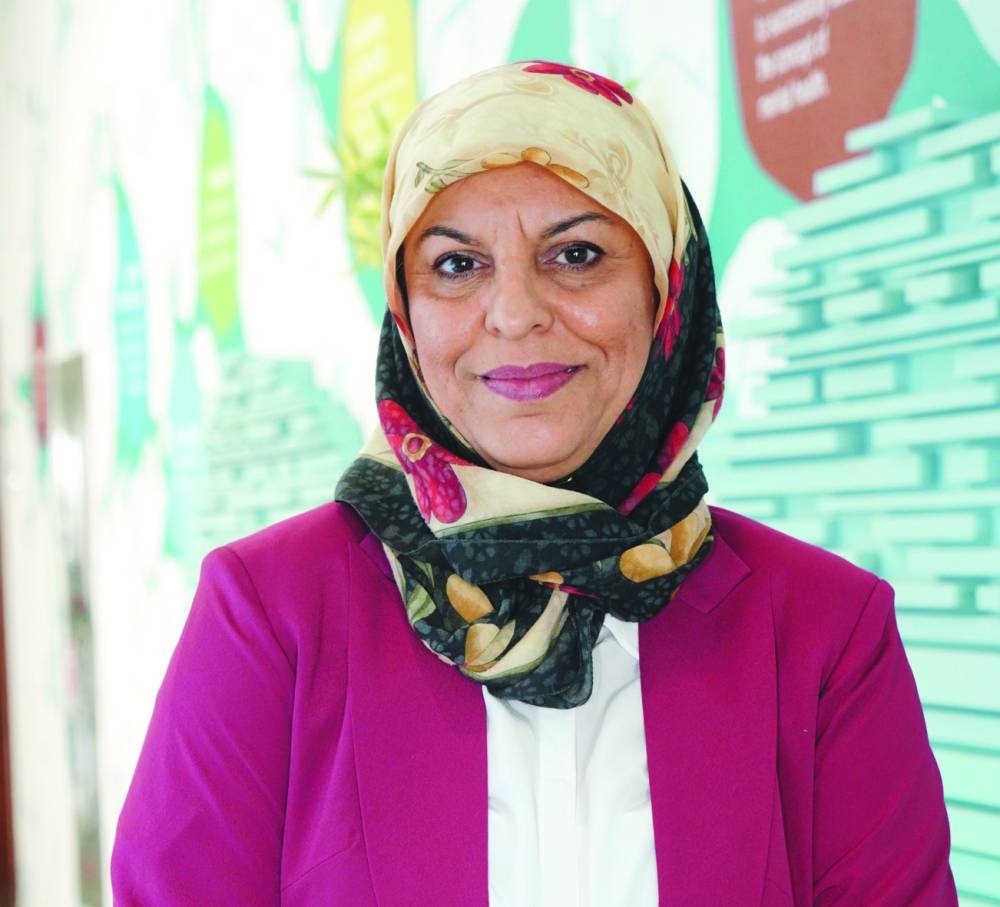Researchers from Qatar University (QU), Qatar Biomedical Research Institute, Sidra Medicine, and collaborating institutions in the United Kingdom (University of Birmingham) and Pakistan National University of Sciences and Technology have led a study that successfully validated a blood test for diagnosing Autism Spectrum Disorder (ASD) in children aged 5–12 years.
This innovative study, conducted across multiple international centres, builds upon previous research that identified specific changes in blood proteins caused by sugar and oxidative damage processes as potential markers for ASD, commonly referred to as biomarkers. The study, published in 'Molecular Psychiatry', not only screens for the presence or absence of autism in children but may also provide insights into potential contributing factors.
The findings suggest a correlation between levels of the reactive metabolite methylglyoxal and the severity of autism; increased methylglyoxal is associated with severe symptoms of autism, opening avenues for new therapeutic approaches and offering insights into metabolic dysfunction in the central nervous system. The successful validation supports the potential clinical use of the blood test for ASD diagnosis in children aged 1.5–12 years, for which submission for regulatory approval is under consideration.
The latest prevalence estimate for ASD in Qatar was found to be 1.14% among children aged 6 to 11 years. Current diagnostic procedures involve a multidisciplinary team, can take 3–6 months in Qatar due to a shortage of specialists, and may take much longer—up to 4 years—in Europe and the USA. Addressing this unmet clinical need, the researchers aimed to develop a blood test based on biomarkers in plasma proteins with high specificity and sensitivity.
Healthcare providers, parents, and doctors can now diagnose autism swiftly, allowing for timely intervention and treatment. This breakthrough has the potential to transform the landscape of autism diagnosis globally.
The team developed diagnostic algorithms based on blood biomarkers, analysing samples from 478 children across Qatar and Spain. From the 478 total participants, 311 were diagnosed with ASD, and 167 were classified as typically developing children. This comprehensive study validated earlier findings from a smaller Italian cohort, identifying four significant biomarkers associated with autism.
The test, which examines specific substances in the body to understand how proteins are affected by sugar and oxidative stress, demonstrated an 83% accuracy in identifying ASD in children aged 5–12 years. Changes in these substances might indicate issues with metabolism or increased stress from harmful molecules in individuals with ASD.
Prof Naila Rabbani, the lead investigator from QU Health, College of Medicine, said: “The newly validated blood test enables a swift diagnosis of autism, facilitating early support and therapy during crucial stages of a child's brain development. Moreover, the study unveiled a groundbreaking correlation between the severity of autism and the levels of biomarkers associated with the reactive metabolite methylglyoxal. This discovery opens avenues for potential therapeutic interventions using a food supplement known as the glyoxalase-1 inducer.”

Prof Naila Rabbani
